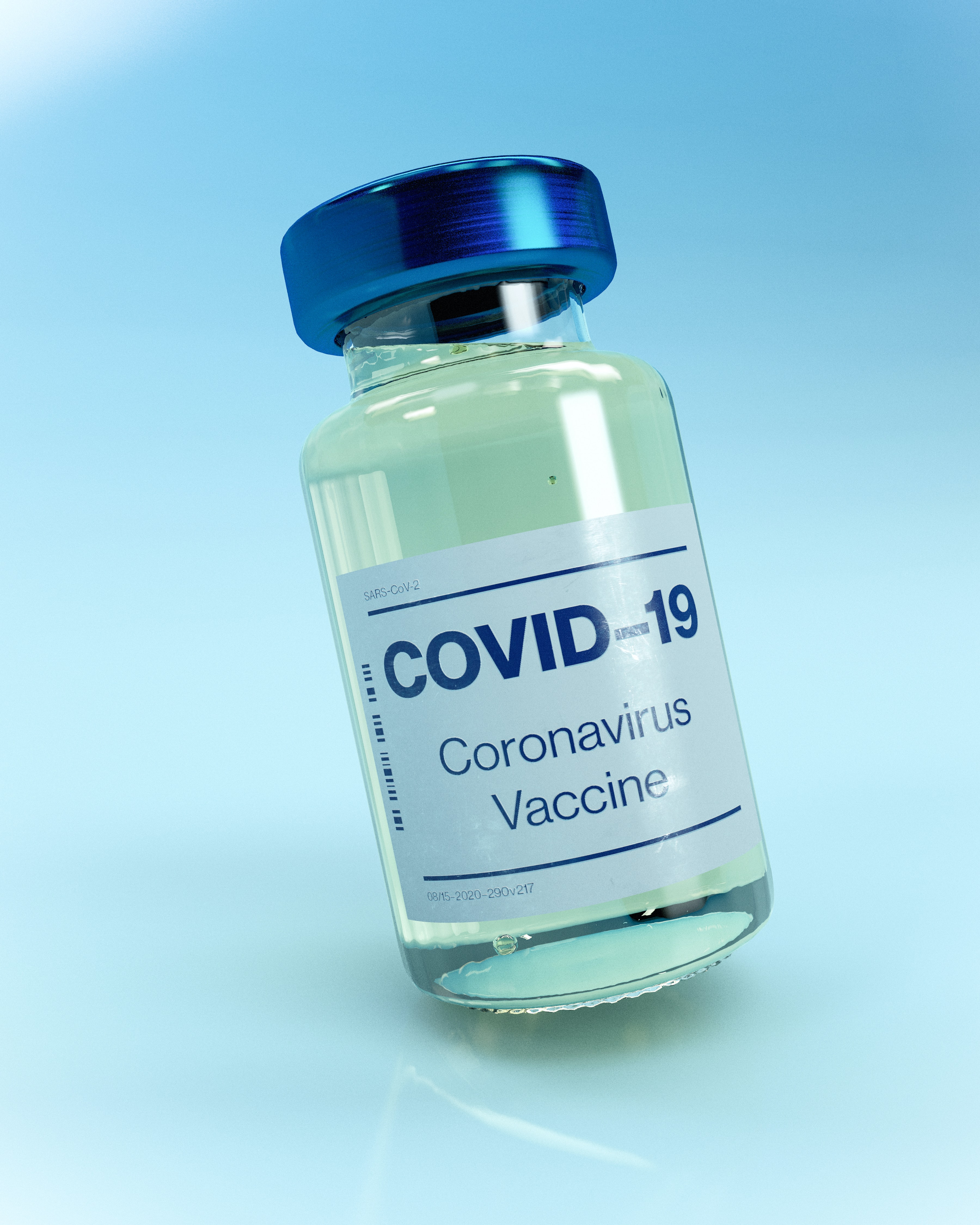
Are COVID-19 Virus Vaccines Safe?
As vaccines for the coronavirus become more widely available, it’s only natural for safety concerns to arise. As a brand-new vaccine, it’s less familiar to us and doesn’t have the long track record of other routine vaccinations. Fortunately, there is plenty of scientific data available to provide more insight. The following list of myths and facts about COVID-19 vaccines will help to answer questions you might have about their safety. These guidelines are based on CDC. We will continue to update our website as guidelines change.
MYTH: The vaccine can give you COVID-19.
FACT: The vaccines do not contain the live virus.
The vaccines created by Pfizer, Moderna, and Johnson and Johnson are not capable of causing COVID-19. They do not contain any live SARS-CoV-2 virus, so getting vaccinated does not come with a risk of infection. However, it’s important to note that you can still develop COVID-19 symptoms after being vaccinated. It takes several weeks for your body to build immunity after receiving both doses your vaccine, so it’s important to keep taking precautions to prevent infection during this time.
MYTH: If I already had COVID-19, I don’t need to get vaccinated.
FACT: You should get vaccinated even if you have previously recovered from COVID-19.
It appears that people who recover from COVID-19 do develop natural immunity, but only temporarily. Studies have not been able to determine exactly how long natural immunity lasts. However, there have been cases of reinfection with the coronavirus, so it’s important to get vaccinated even if you had COVID-19 previously. The following guidelines apply:
- If you had COVID-19 recently, wait for recovery and to be off isolation before receiving the vaccine.
- If your treatment for COVID-19 included the use of convalescent plasma or monoclonal antibodies (MAB) wait 90 days before receiving the vaccine.
- You should not get vaccinated if you currently have COVID-19 symptoms or are in quarantine after a possible exposure.
Additional research is underway to determine how long the vaccine will protect people. Of the people who have received the vaccine, we know that they have been protected from COVID-19 for at least 4 months.
MYTH: The COVID-19 vaccine was developed with or contains controversial substances.
FACT: The mRNA vaccines contain normal vaccine ingredients, such as fats (which protect the mRNA), salts, as well as a small amount of sugar.
COVID-19 vaccines were not developed using fetal tissue, and they do not contain any material, such as implants, microchips or tracking devices.
MYTH: The COVID-19 vaccine causes dangerous side effects.
FACT: Some people have reported developing mild side effects, which are normal signs that your body is building protection.
While it’s true that the vaccine can cause side effects, they aren’t serious or harmful to your health. COVID-19 vaccine side effects tend to last for only a day or two and may include:
- Pain at the site of injection
- Body aches
- Headaches
- Fever or chills
- Nausea and vomiting
These symptoms occur as a result of the vaccine stimulating the immune system. And while some people don’t experience any side effects, their immunity will still build in the days following their shots in the same way as those who do experience some or all of the listed symptoms.
MYTH: The COVID-19 vaccine can change your DNA.
FACT: The vaccines will not affect the DNA of your cells.
Both the Pfizer and Moderna vaccines help to build immunity against COVID-19 by using messenger RNA (mRNA). This type of vaccine causes cells to make a copy of a single part of the coronavirus (the spike proteins on the surface that you may recognize from images of the virus).On their own, these proteins won’t make you sick. When the cells release the proteins, it triggers a response from the immune system that creates antibodies which can detect the virus that causes COVID-19. If the live virus enters your body later on, the immune system will be able to identify the spike proteins and attack the coronavirus, preventing it from reproducing and making you sick. At no point in the process is the body’s DNA affected, and the immune system quickly breaks down the mRNA after antibodies have been developed. Johnson and Johnson uses a viral vector (a modified version of another virus). The genetic material developed by Johnson and Johnson's viral vector does not integrate into a person's DNA.
MYTH: The COVID-19 vaccine isn’t safe for pregnant women and can affect fertility.
FACT: The COVID-19 vaccine has shown no evidence of causing miscarriage or infertility.
There is no link between COVID-19 and an increased risk for miscarriage. The vaccine creates the same antibodies that are produced by a natural COVID-19 infection. And although pregnant women with COVID-19 are at an increased risk of hospitalization, infections have not led to increased rates of miscarriage. In addition, the antibodies have not been linked to infertility after a COVID-19 infection, and no vaccines for any type of virus have been found to cause fertility issues. People pregnant, trying to conceive, or hoping to have a baby in the future can all get the vaccine.
MYTH: The COVID-19 vaccine was rushed and should not be trusted
FACT: There was accelerated development for the COVID-19 vaccine thanks to global prioritization and early application of substantial resources. Researchers took no safety shortcuts. Large studies show the vaccine is safe.
SARS-CoV-2 was a new virus, but it belongs to a family of viruses with similar traits. Scientists had studied other coronaviruses for 50 years. They already knew that the spike protein could be targeted by a vaccine, which gave them a goal to work toward immediately.
Trials were set up quickly using networks established in the pursuit of an HIV vaccine. People enrolled quickly due to widespread public interest. The U.S. Federal government and others then pre-built manufacturing facilities for several different vaccines before knowing if they would be approved. Typically, vaccine manufacturers wait before spending money on these types of facilities.
Accelerated vaccine development allowed for overlapping phases and an expedited review. Despite the fast timeline, these vaccines went through the appropriate clinical trials, just like other vaccines before.
The COVID-19 vaccine presents a major turning point in the pandemic. The more people who get vaccinated, the sooner we can start to enjoy some of the things that have been restricted since the virus first appeared. If you have any concerns about getting the COVID-19 vaccine, Dr. Karki at Bella Terra Primary Care will be happy to answer your questions.
